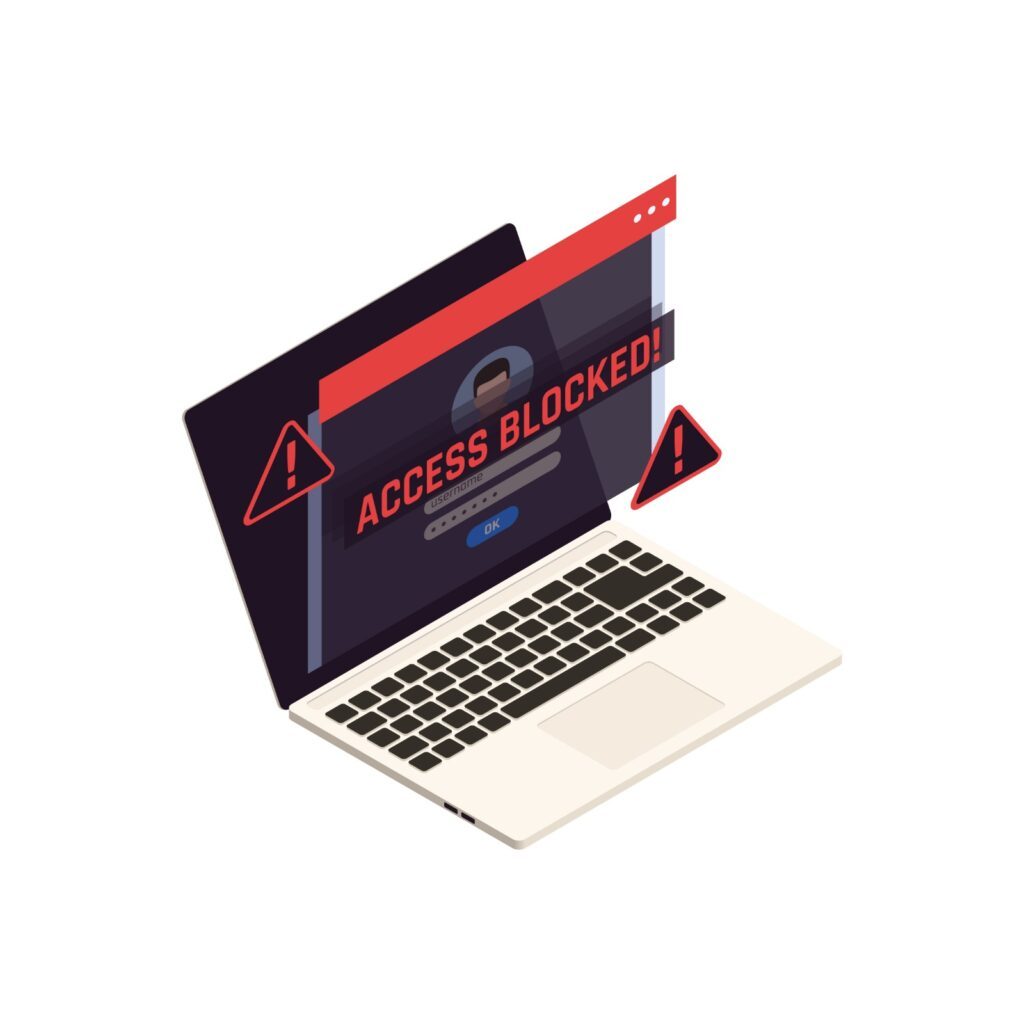COVID-19 has forced many organizations to adopt remote work, causing a massive shift in the way we work. Logging in from home has gained momentum in creating a flexible, peaceful & comfortable working environment for the employees. While there are numerous benefits to working from home, there are also a number of drawbacks. Security issues are among the biggest difficulties. Cyberattack danger increases with the prevalence of remote employment.
When employees lack security awareness, it brings up a whole host of cybersecurity crises for the company. A way to tackle this is to get a good cyber security course in ahmedabad.
Here’s a list of 7 Cyber security Threats which Remote Workers should take into account & how to prevent them.
1. Phishing Attacks:
One of the most frequent cybersecurity hazards is phishing & remote workers are particularly vulnerable to it. Cybercriminals use phishing attacks to deceive people into disclosing their personal information. Phishing emails frequently include a link to a phony website that mimics the actual one and appear to be from a reputable source, such a firm or bank. Cybercriminals utilize the user’s login information or other sensitive data once they have it in order to access the user’s accounts.
Prevention:
Remote workers should exercise caution when clicking on links or downloading attachments from emails to avoid falling victim to phishing scams. Also, they should update their software and antivirus software & use 2-factor authentication.
2. Unsecured Wi-Fi networks
Using personal Wi-Fi networks when working from home is common, but they might not be as safe as corporate networks. Cybercriminals can readily acquire sensitive data, including login credentials and personal information, by intercepting unencrypted Wi-Fi transmissions. Wi-Fi sniffing tools can potentially be used by hackers to intercept data packets and steal private data.
Prevention:
Remote workers should utilize a virtual private network (VPN) to encrypt their internet traffic and make it more difficult for thieves to intercept in order to protect themselves from this. Also, they must avoid accessing open WiFi networks because they are frequently insecure and vulnerable to attack.
3. Malware attacks
Another typical cybersecurity danger for remote workers is malware assaults. A sort of software called malware is intended to damage or steal data from a computer system. Malware can be used by cybercriminals to steal sensitive data, including financial information and login credentials. Email attachments, software downloads, and malicious websites can all spread malware.
Prevention:
Remote workers should exercise caution when opening email attachments or downloading software from unauthorized sources in order to safeguard themselves from virus assaults. To find and get rid of any malware that might be on their computer, they should also utilize antivirus software.
4. Weak passwords
Many people use weak passwords that are simple for fraudsters to decipher, including “123456” or “password.” Weak passwords put remote workers at danger of having their accounts compromised, which might result in data breaches and other cybersecurity issues.
Prevention
Remote workers should use strong passwords with a combination of upper and lower case letters, digits, and symbols to protect themselves from weak passwords. Also, they must periodically change their passwords and use different ones for every account.
Also Read → Tips to Create and Manage Strong Password
5. File sharing
Employees tend to share files and documents with their colleagues or authorities for discussions, meetings, and/or daily reports through file-sharing tools. Such file-sharing tools are not protected which can leave data vulnerable to being stolen by hackers. This can even lead to the loss of sensitive data, identity fraud, and even ransomware attacks.
Prevention
Encourage staff to utilise platforms for file sharing that have been approved by the organisation and that have the required security safeguards in place to secure sensitive data. To ensure that data is protected during transfer, use the secure file transfer protocol (SFTP).

6. Unsecured Devices
If employees access company data via unprotected devices, such as their own computers or smartphones, it increases the chance that third parties will gain access to sensitive data. It’s because Personal devices may not have the security measures needed for corporate use.
Secondly, personal devices may be accessed by Family members or friends who are not authorized to view company data
Prevention:
Encourage staff to use company-issued devices that are equipped with the required security tools, such as firewalls, antivirus software, and encryption.
To ensure that only authorized users can access firm data, mandate the use of strong passwords among employees and implement 2-Factor authentication.
7. Insider Threats
For remote workers, insider threats pose a serious cybersecurity concern. Employees or contractors who have access to confidential information and misuse that access are considered insider threats. Because they may feel alienated from their company and be less likely to disclose suspicious conduct, remote workers may be more vulnerable to insider threats.
Prevention:
Remote workers should exercise caution and alert their IT department to any unusual activity in order to protect themselves from insider threats. Also, they ought to use caution when disclosing private information and let only those individuals with a need for it access.
Thus, it is the large responsibility of every organization to protect its data and information. Cyber security companies in ahmedabad can help your employees learn basic cybersecurity practices to keep risks in check and secure the organization they are working for.
Cyber octet ensures the organization’s security of their clients with a range of industry-leading cybersecurity solutions that are specifically designed for employee’s home offices. We provide solutions to protect online accounts, networks, and corporate logins that are ideal for collaboration and communication.

